Home>Gardening & Outdoor>Outdoor Recreation & Activities>What Is Stabilizer In A Swimming Pool
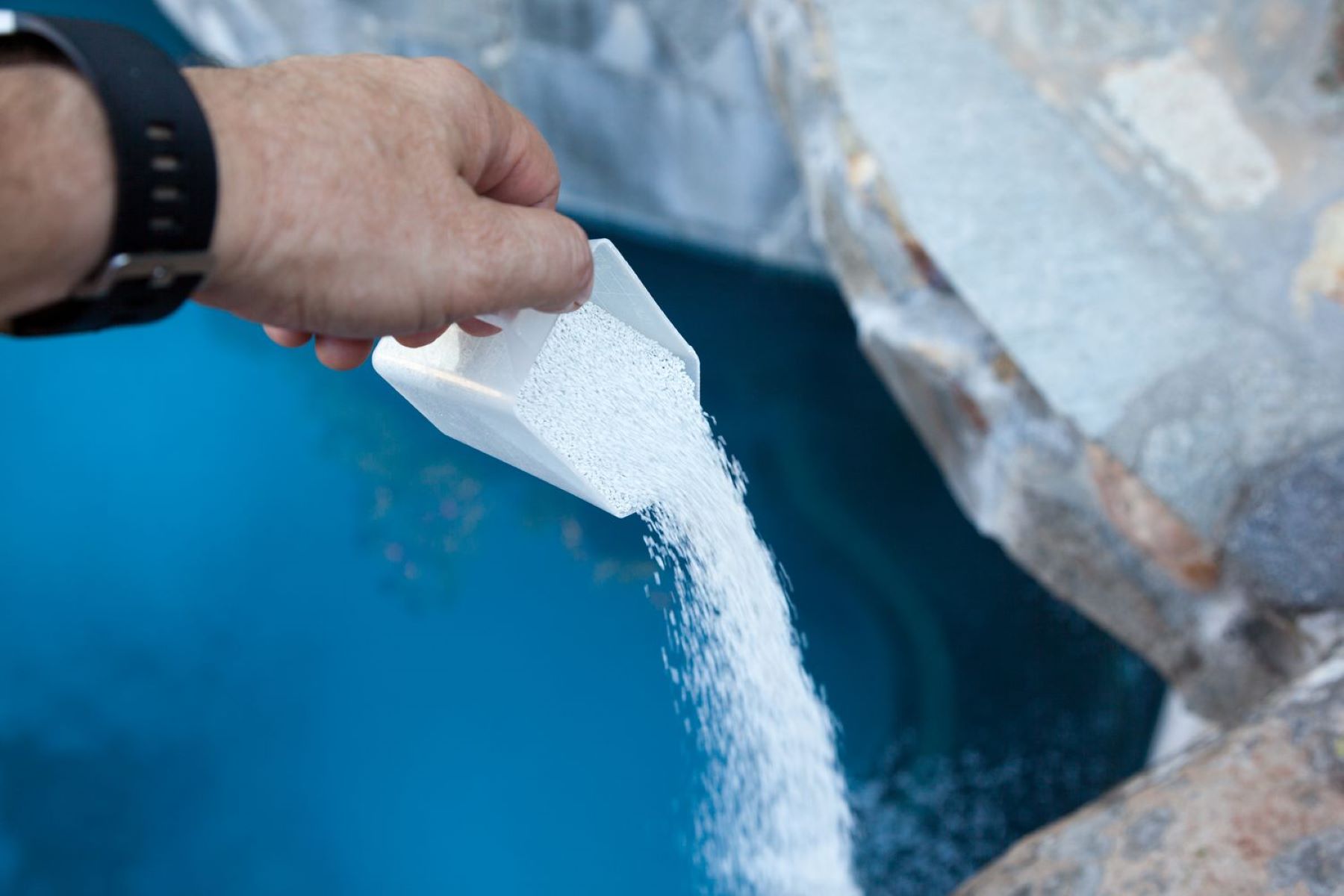

Outdoor Recreation & Activities
What Is Stabilizer In A Swimming Pool
Published: February 18, 2024
Learn about the importance of stabilizer in swimming pools and how it helps maintain water quality. Find out how to effectively use stabilizer for outdoor recreation and activities.
(Many of the links in this article redirect to a specific reviewed product. Your purchase of these products through affiliate links helps to generate commission for Storables.com, at no extra cost. Learn more)
Introduction
When it comes to enjoying a refreshing dip in a swimming pool, there are various factors that contribute to the overall experience. One such crucial element is the stabilizer, which plays a significant role in maintaining the water quality and ensuring that the pool remains a safe and inviting environment for swimmers.
Understanding the function and importance of stabilizer in a swimming pool is essential for pool owners and maintenance personnel. This article aims to shed light on the significance of stabilizer, how it impacts the pool's water chemistry, and the best practices for maintaining the right level of stabilizer to uphold water quality.
As we delve into the world of swimming pool maintenance, it's important to recognize the pivotal role that stabilizer plays in preserving the effectiveness of pool sanitizers and preventing the degradation of chlorine due to UV rays. By grasping the fundamentals of stabilizer and its impact on pool water, individuals can ensure that their swimming pools remain a source of enjoyment and relaxation for all who take a plunge.
Key Takeaways:
- Stabilizer, or cyanuric acid, protects chlorine in a pool from sunlight, keeping the water clean and safe for swimmers. Maintaining the right stabilizer level ensures cost-efficiency and consistent water quality.
- Regular testing and adjustments of stabilizer levels in a pool are crucial for a clean and enjoyable swimming experience. Consider pool usage and seek professional help when needed for optimal maintenance.
Read more: What Is An Infinity Swimming Pool
What is a stabilizer in a swimming pool?
A stabilizer, also known as cyanuric acid, is a chemical compound that plays a crucial role in maintaining the effectiveness of chlorine in a swimming pool. Its primary function is to shield the chlorine in the water from the degrading effects of ultraviolet (UV) rays from the sun. Without stabilizer, chlorine would rapidly dissipate when exposed to sunlight, rendering it ineffective in sanitizing the pool water.
Stabilizer essentially acts as a sunscreen for chlorine, prolonging its lifespan and enhancing its ability to combat bacteria, algae, and other contaminants in the pool. By stabilizing the chlorine, the pool water remains sanitized for a longer duration, reducing the frequency of chlorine replenishment and ensuring consistent water quality.
In essence, stabilizer serves as a protective agent for chlorine, allowing it to fulfill its role as a potent sanitizer in the pool. This is particularly important in outdoor pools that are exposed to direct sunlight, as the UV rays can quickly degrade unprotected chlorine, leading to increased maintenance efforts and potential health risks for swimmers.
Understanding the function of stabilizer is essential for maintaining a well-balanced pool environment. By incorporating stabilizer into the pool water, pool owners can effectively extend the lifespan of chlorine, reduce the frequency of chemical adjustments, and uphold optimal water quality for a safe and enjoyable swimming experience.
The importance of stabilizer in a swimming pool
Stabilizer, also known as cyanuric acid, holds immense significance in the realm of swimming pool maintenance. Its role in preserving the effectiveness of chlorine and safeguarding the pool water from the degrading effects of sunlight cannot be overstated. The following points underscore the critical importance of stabilizer in a swimming pool:
Protection of Chlorine
Stabilizer acts as a shield for chlorine, preventing it from dissipating when exposed to UV rays. Without stabilizer, chlorine would rapidly lose its potency, necessitating frequent replenishment to maintain adequate sanitization levels. By stabilizing the chlorine, stabilizer extends its lifespan, reducing the frequency of chemical adjustments and ensuring consistent water quality.
Cost-Efficiency
Maintaining the right level of stabilizer in the pool water contributes to cost-efficiency in pool maintenance. With adequate stabilizer levels, the chlorine remains effective for a longer duration, reducing the need for frequent chemical additions. This not only saves on chemical costs but also minimizes the time and effort required for ongoing pool maintenance.
Read more: What To Bring To The Swimming Pool
Enhanced Sanitization
Stabilizer plays a pivotal role in enhancing the sanitization capabilities of chlorine. By protecting the chlorine from UV degradation, stabilizer ensures that the pool water remains effectively sanitized, minimizing the risk of bacterial and algae growth. This, in turn, promotes a safer and healthier swimming environment for pool users.
Consistent Water Quality
The presence of stabilizer in the pool water contributes to consistent water quality. By preserving the effectiveness of chlorine, stabilizer helps maintain balanced chemical levels, preventing fluctuations that can lead to water imbalances and potential health hazards. This consistency is essential for ensuring that the pool water remains clear, clean, and inviting for swimmers.
Long-Term Maintenance
By incorporating stabilizer into the pool maintenance regimen, pool owners can benefit from long-term maintenance advantages. The extended lifespan of chlorine, reduced chemical consumption, and consistent water quality contribute to a more sustainable and manageable pool maintenance routine, enhancing the overall pool ownership experience.
In essence, the importance of stabilizer in a swimming pool cannot be overlooked. Its role in protecting chlorine, promoting cost-efficiency, enhancing sanitization, ensuring consistent water quality, and facilitating long-term maintenance underscores its significance in preserving a safe, inviting, and enjoyable swimming environment.
How to maintain the right level of stabilizer in a swimming pool
Maintaining the appropriate level of stabilizer in a swimming pool is essential for ensuring optimal water quality and the effectiveness of chlorine. Here's a comprehensive guide on how to achieve and sustain the right stabilizer level:
Read more: What To Do In The Swimming Pool
Regular Testing
Regularly testing the stabilizer level in the pool water is the first step in maintaining its appropriate concentration. Utilizing a reliable pool water testing kit, specifically designed to measure cyanuric acid levels, is crucial. Pool owners should aim to test the stabilizer level at least once a month, or more frequently during periods of heavy pool usage or extreme weather conditions.
Monitoring and Adjusting
Upon obtaining the stabilizer level measurement, pool owners should compare it to the recommended range, typically between 30-50 parts per million (ppm) for outdoor pools. If the stabilizer level deviates from this range, adjustments are necessary. To increase the stabilizer concentration, cyanuric acid can be added directly to the pool water, following the manufacturer's guidelines for the appropriate dosage based on the pool size and current stabilizer level.
Dilution Method
In cases where the stabilizer level is excessively high, a partial water dilution method can be employed. This involves partially draining the pool and refilling it with fresh water to dilute the stabilizer concentration. Subsequent testing and adjustments should be carried out to ensure that the stabilizer level falls within the recommended range.
Consideration of Pool Usage
The frequency and intensity of pool usage can impact the stabilizer level. Pools that experience heavy usage or are frequently exposed to direct sunlight may require more frequent stabilizer level monitoring and adjustments. Additionally, seasonal variations and weather conditions can influence the rate of stabilizer depletion, necessitating proactive maintenance measures.
Read more: What Is A Skimmer In A Swimming Pool
Professional Assistance
For pool owners who are uncertain about maintaining the stabilizer level or encounter persistent issues, seeking professional assistance from a certified pool technician or water maintenance expert is advisable. These professionals can conduct comprehensive water analysis, provide tailored recommendations, and offer specialized treatments to address stabilizer-related concerns.
By diligently monitoring, testing, and adjusting the stabilizer level in the pool water, pool owners can uphold the appropriate stabilizer concentration, ensuring the prolonged effectiveness of chlorine and consistent water quality. This proactive approach to stabilizer maintenance contributes to a safe, inviting, and enjoyable swimming environment for all pool users.
Conclusion
In conclusion, the role of stabilizer, or cyanuric acid, in maintaining a healthy and inviting swimming pool environment cannot be overstated. By shielding chlorine from the degrading effects of UV rays, stabilizer plays a pivotal role in preserving the effectiveness of pool sanitizers and ensuring consistent water quality. The importance of maintaining the appropriate stabilizer level is evident in its contributions to cost-efficiency, enhanced sanitization, and long-term maintenance benefits.
Pool owners and maintenance personnel must prioritize regular testing, monitoring, and adjustments to sustain the optimal stabilizer concentration in the pool water. By adhering to recommended stabilizer levels and considering factors such as pool usage and environmental conditions, individuals can effectively uphold the protective benefits of stabilizer and promote a safe and enjoyable swimming experience for all.
Ultimately, the conscientious management of stabilizer levels aligns with the overarching goal of maintaining a well-balanced and inviting pool environment. By recognizing the significance of stabilizer and implementing proactive maintenance practices, pool owners can ensure that their swimming pools remain a source of relaxation, recreation, and rejuvenation for all who take a refreshing plunge.
Frequently Asked Questions about What Is Stabilizer In A Swimming Pool
Was this page helpful?
At Storables.com, we guarantee accurate and reliable information. Our content, validated by Expert Board Contributors, is crafted following stringent Editorial Policies. We're committed to providing you with well-researched, expert-backed insights for all your informational needs.
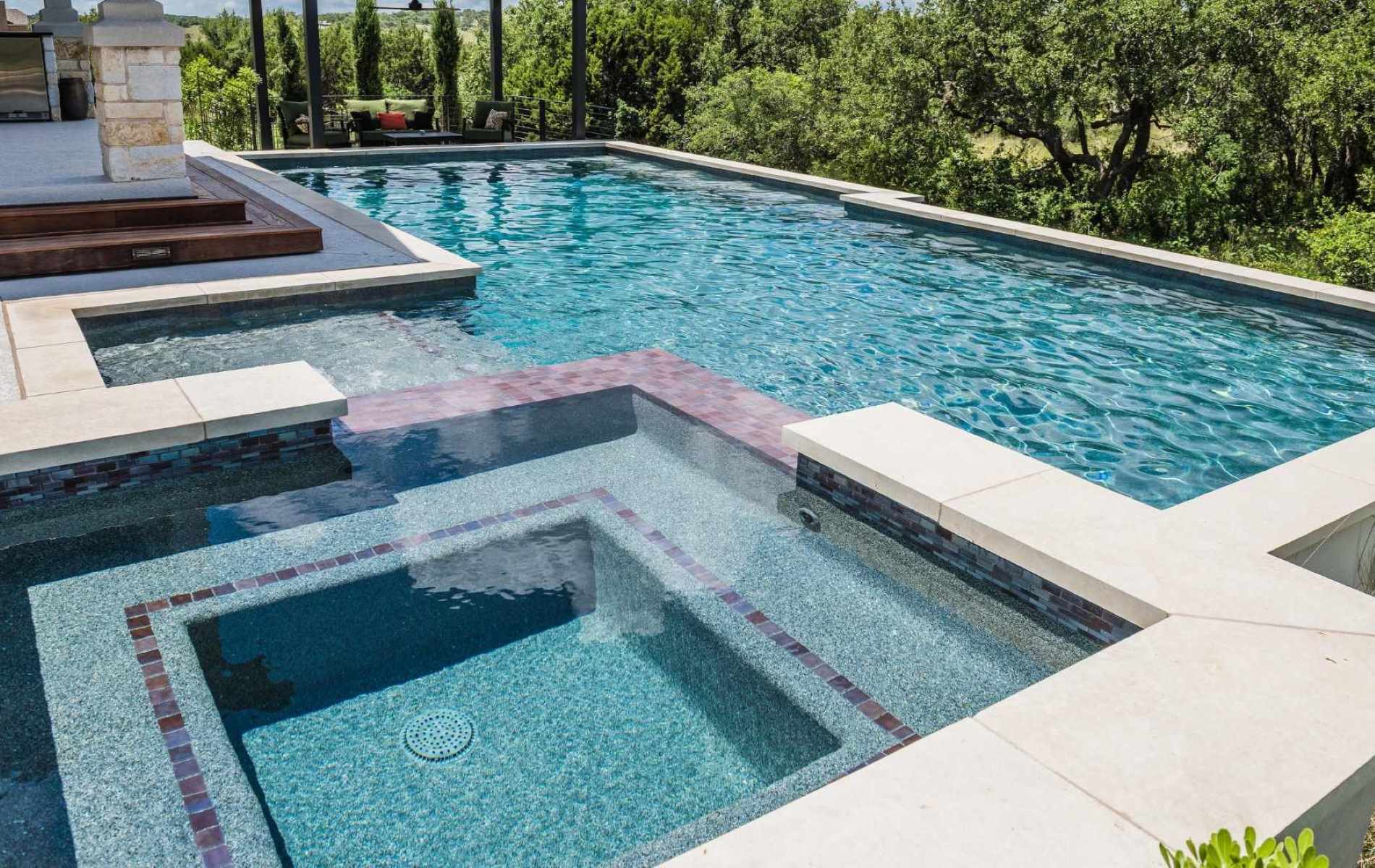



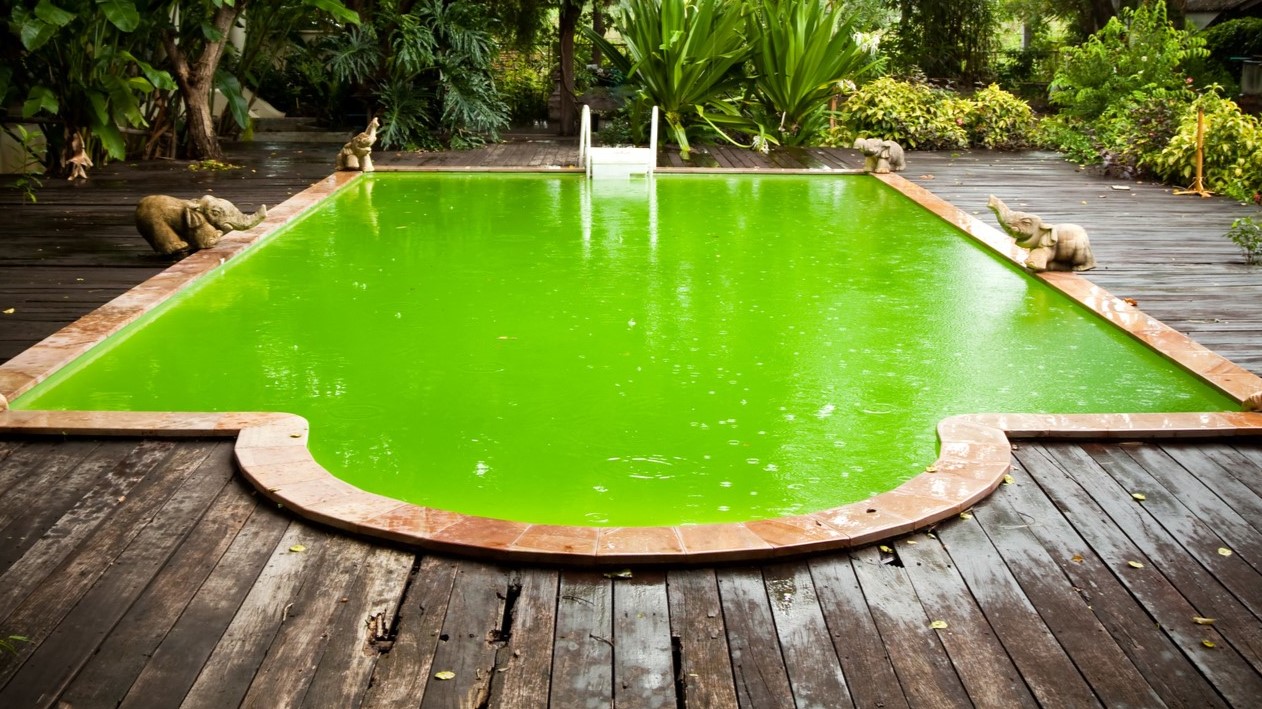

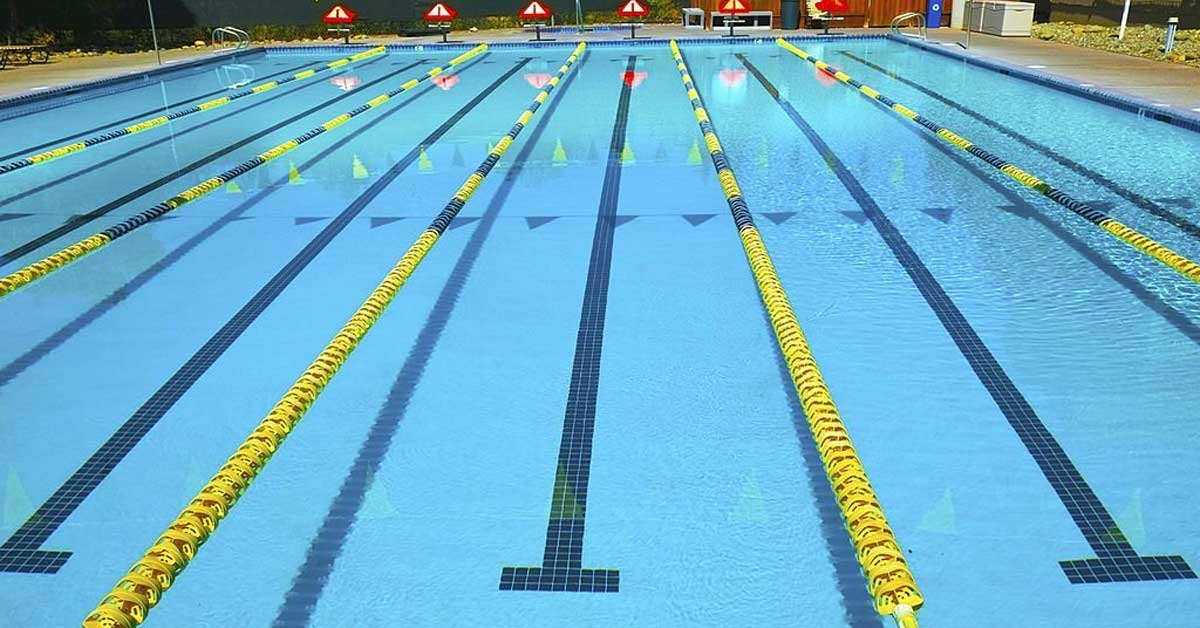
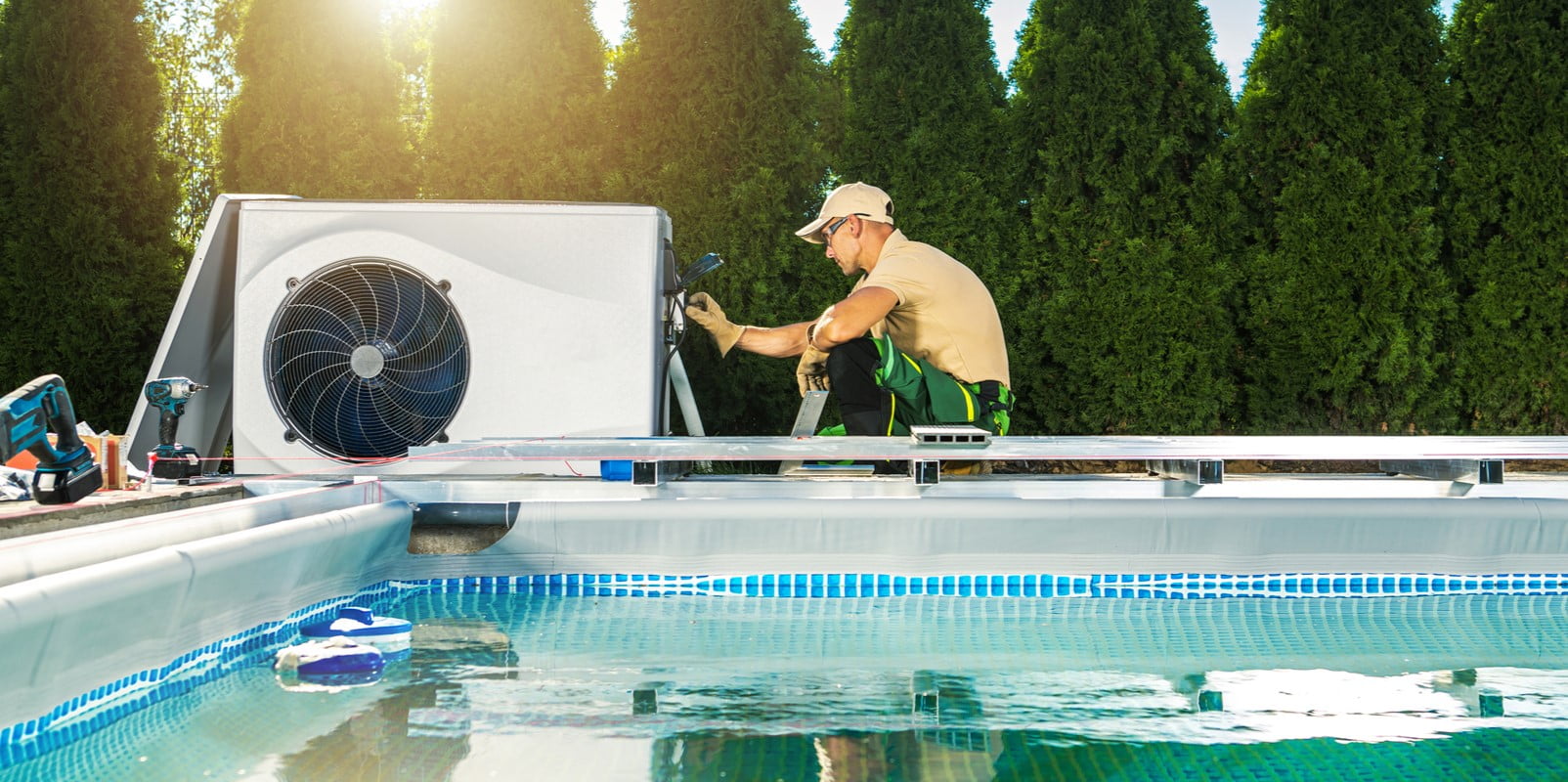

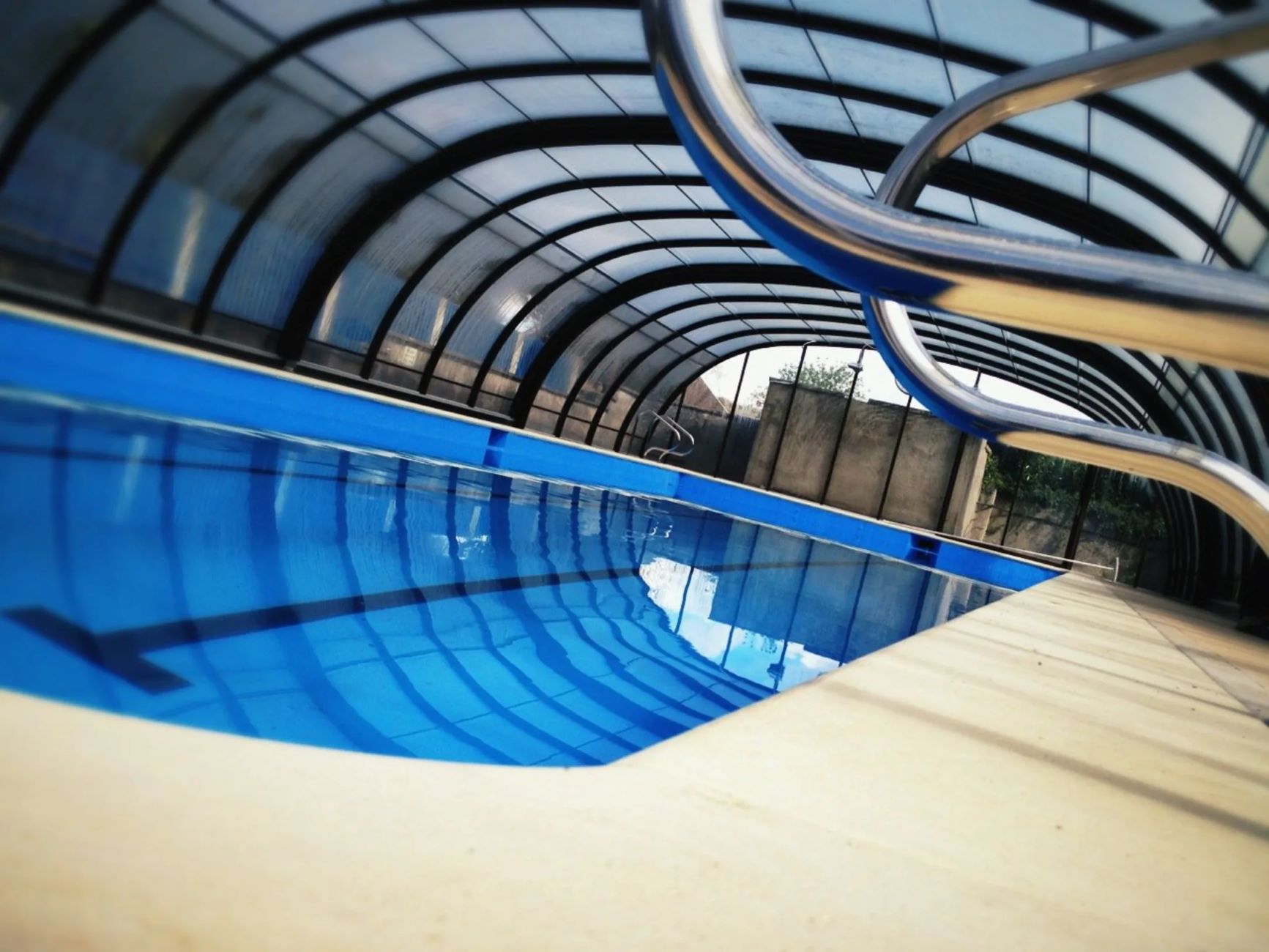
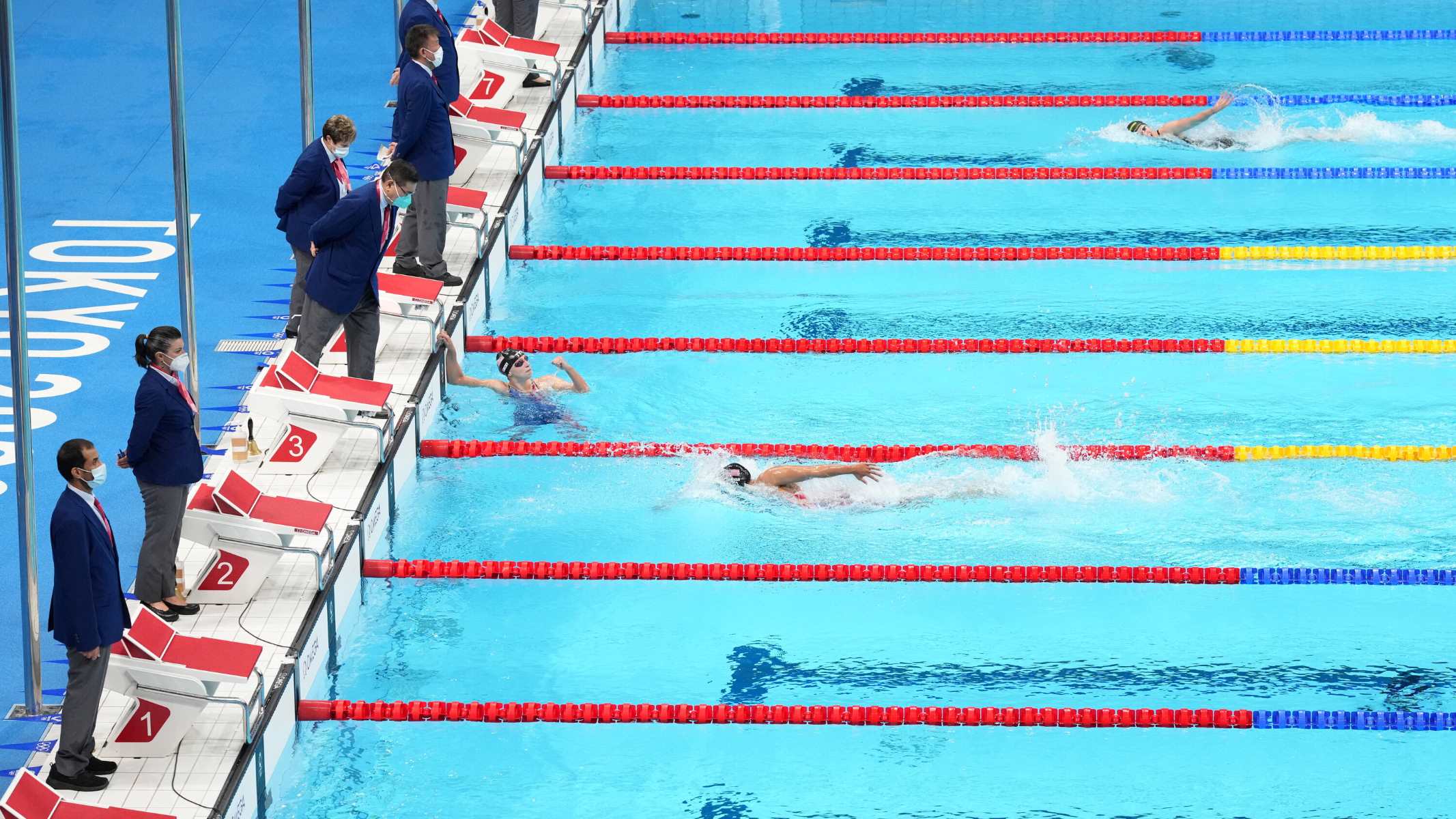
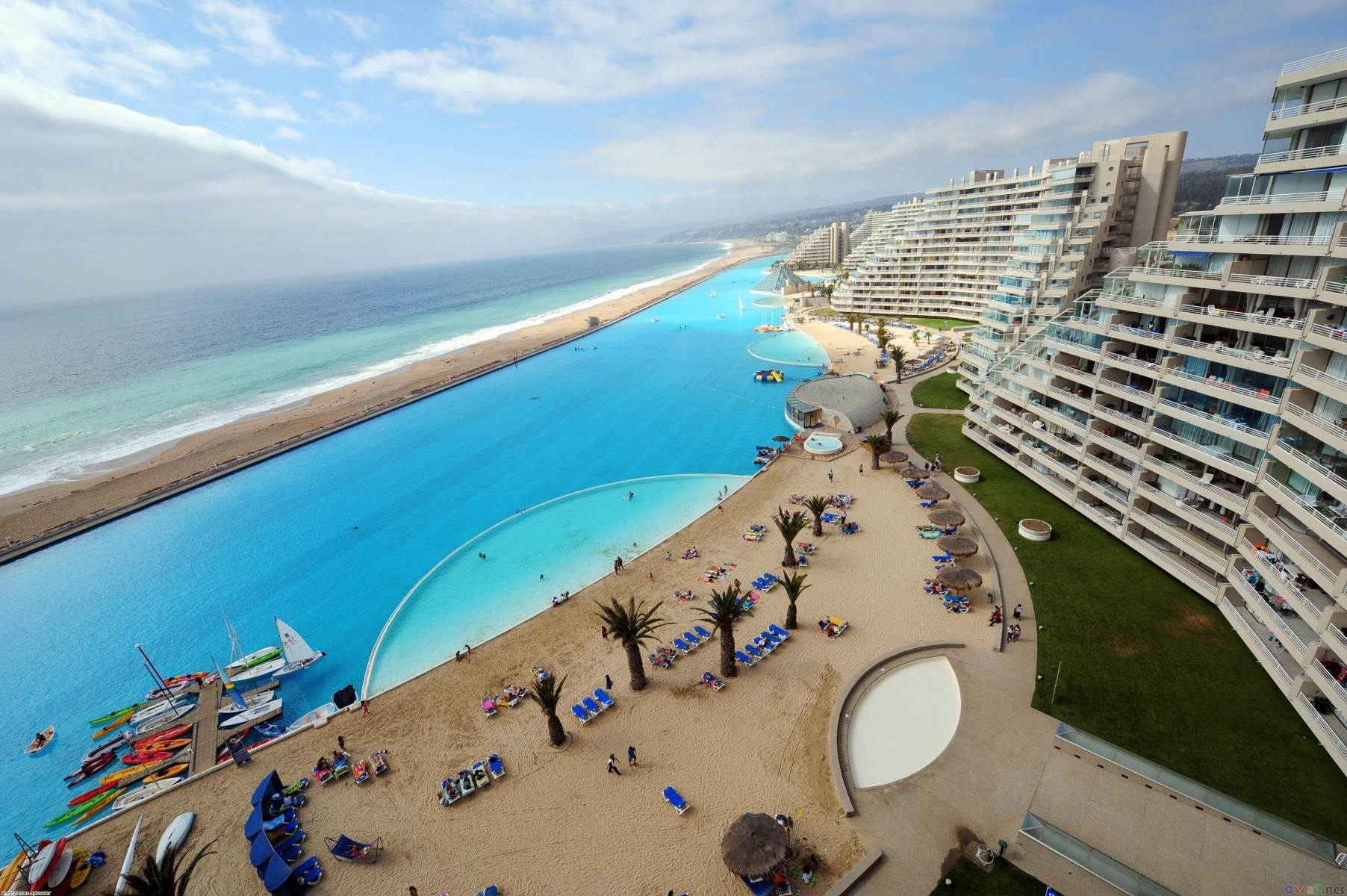

0 thoughts on “What Is Stabilizer In A Swimming Pool”